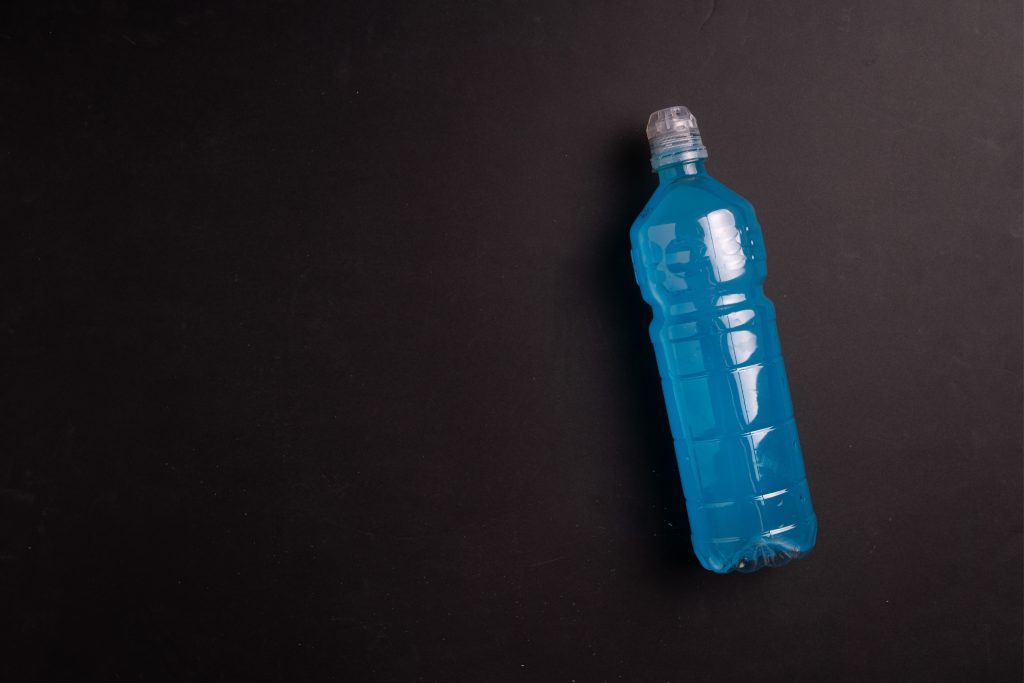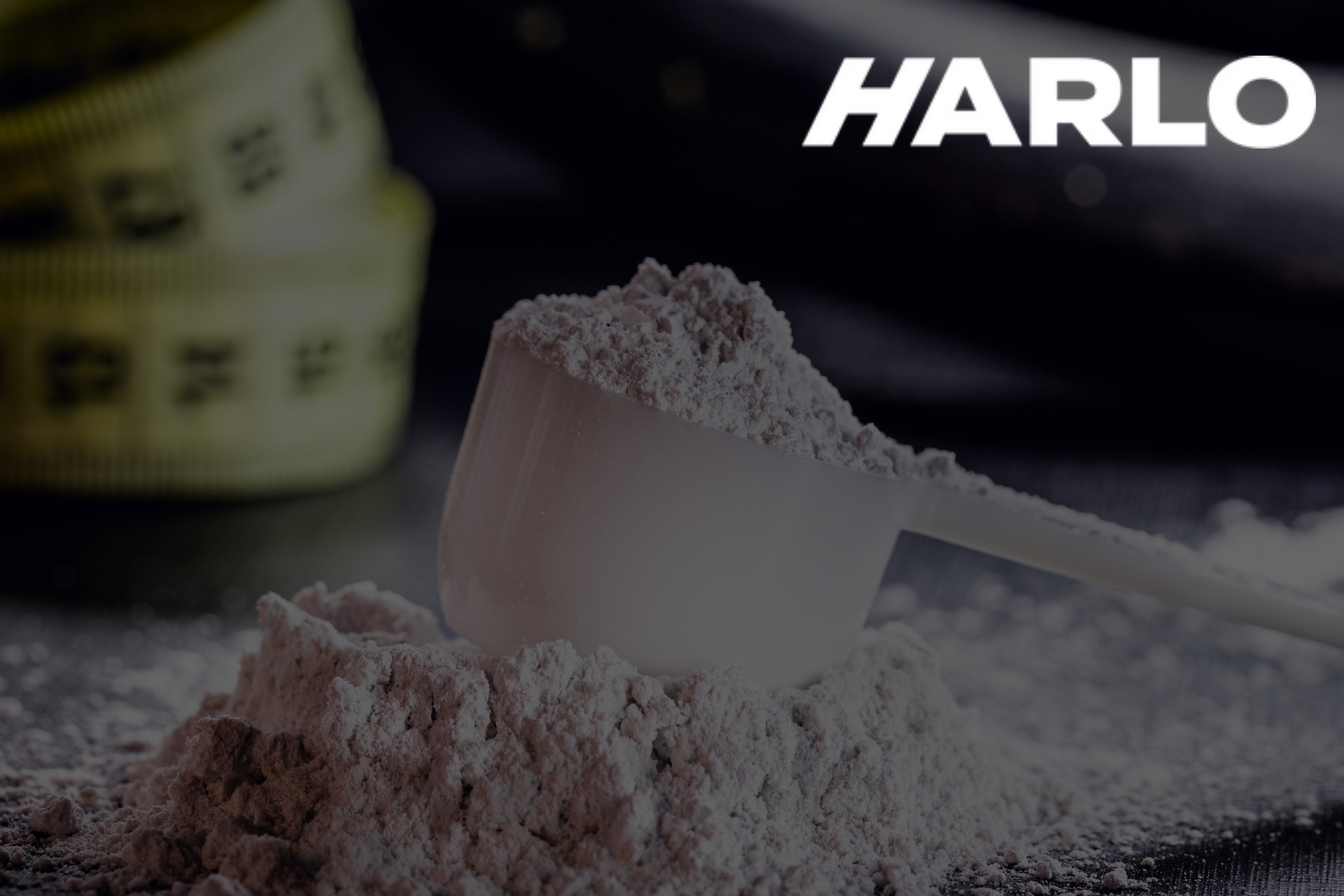Electrolytes are ions that carry electricity and are found in bodily fluids like blood, pee, and sweat. Minerals like sodium, potassium, calcium, magnesium, chloride, and phosphate are included in these particles. They are very important for keeping the balance of fluids inside and outside of our cells, which helps keep many body processes in check.
It’s impossible to say enough about how important fluids are to the body. They are in charge of carrying electrical impulses, messages between cells and nerve ends, keeping pH levels stable, and making sure cells stay properly hydrated. Electrolytes also help keep the body’s fluid levels in check, which helps muscles contract, keeps blood pressure in check, and supports healthy heart and brain function.
Electrolyte levels that are out of balance can be very bad for our health. As an example, not having enough fluids can cause muscle cramps, weakness, tiredness, an abnormal heartbeat, and even seizures. On the other hand, too many salts can make you thirsty, raise your blood pressure, and hurt your kidneys.
So, it is very important to make sure you get the right amount of fluids by eating well and staying hydrated. Eating foods like fruits, vegetables, whole grains, and dairy products that are high in electrolytes can help keep our bodies at the right amount of these important minerals.
Types of Electrolytes
For the body to operate normally, electrolytes are crucial. They are charged particles that carry electrical signals that the body needs to do many things. Here are some types of ions that you might see:
Sodium: This electrolyte is very important for keeping the body’s fluid balance and blood pressure in check. Aside from that, it helps nerves send signals and muscles contract.
It is very important for cells, especially those in the heart, to keep their electrical activity up. Potassium controls how muscles contract, keeps the balance of fluids in the body, and helps nerves work.
Calcium: This mineral is especially important for keeping bones and teeth healthy. It also helps muscles contract, blood clot, nerves work, and hormones stay balanced.
Magnesium: This nutrient helps nerves and muscles work normally, keeps blood pressure in check, and boosts the defense system.
It is an important nutrient that helps keep the body’s acid-base balance, controls the amount of fluid in the body, and helps digestion.
Phosphate: Tooth and bone health depend on this electrolyte. Phosphate is also very important for making DNA and RNA, keeping the acid-base balance, and using energy.
Bicarbonate helps keep the acid-base balance in the blood and controls the pH level. Bicarbonate’s main job is to neutralize acids that the body makes.
Keeping the right mix of fluids is important for your health as a whole. Electrolyte levels can be kept steady by staying hydrated, having a healthy diet, and not sweating too much or becoming dehydrated. When electrolyte levels are off, doctors may suggest taking vitamins or making changes to your food. Whenever you feel signs of an electrolyte imbalance, you should always talk to a doctor.
Functions of Electrolytes in the Body
Many bodily processes depend on electrolytes. Minerals that are electrically charged and dissolve in our body fluids, mostly blood and pee. Sodium, potassium, calcium, magnesium, chloride, and phosphate are some of these minerals.
One of the main jobs of ions is to keep the balance of fluids. They help keep the right amount of water inside and outside of our cells, which keeps our bodies properly hydrated and stops us from becoming dehydrated or overhydrated. By regulating the flow of water across cell walls and affecting osmotic pressure, electrolytes accomplish this goal.
Electrolytes are also very important for keeping nerves and muscles working properly. They send out electrical signals that are needed for nerves to talk to each other and muscles to contract. In particular, sodium and potassium play a big role in how nerve signals are sent and how muscles, including the heart muscles, contract.
Electrolytes also help the heart work right. Sodium and potassium keep the heart’s electrical signals going, which affects the heartbeat and makes sure it stays in a normal pace. If the heart doesn’t have these nutrients, it could have arrhythmias, which are irregular heart beats.
Electrolytes also help keep bones healthy by making bones more mineralized. Calcium and phosphate are two elements that your bones need to stay strong and dense. Furthermore, they help build and change bone cells, which protects the health of our spinal system.
Lastly, ions make enzymes work. Proteins called enzymes speed up biological processes in our bodies. Some enzymes need fluids to work right and keep biochemical processes like making energy and hormones in balance.
Sources of Electrolytes
Electrolytes are chemicals that your body needs to keep working right. They assist in regulating fluid balance, nerve and muscle function, and maintaining normal pH levels. Several food sources are rich in electrolytes, making them an excellent choice for replenishing these essential minerals.
One of the best sources of electrolytes is fruits and vegetables. Bananas, oranges, avocados, and spinach are great options as they contain high levels of potassium. Other fruits such as watermelon and strawberries, along with vegetables like broccoli and kale, provide important electrolytes like magnesium and calcium.
In addition to food sources, electrolyte supplements are widely available. These supplements come in various forms, including tablets, powders, and liquids, making it convenient to meet your electrolyte needs. These supplements are often recommended for individuals who engage in intense physical activity or have specific medical conditions that require electrolyte intake.
Sports drinks are another popular source of electrolytes. These beverages are specially formulated to replenish electrolytes lost through sweating during exercise or other strenuous activities. They often contain a combination of sodium, potassium, calcium, and magnesium, making them an effective way to rehydrate and restore electrolyte balance.
To ensure proper electrolyte intake, it is advisable to consume a well-balanced diet that includes an array of fruits, vegetables, and whole foods. Additionally, electrolyte-rich foods, supplements, and sports drinks can be incorporated to meet the specific needs of individuals engaging in rigorous physical activities or experiencing electrolyte imbalances. Remember to consult a healthcare professional or registered dietitian for personalized recommendations.
Imbalances in Electrolytes
Electrolytes are essential minerals that our body needs to maintain a wide range of bodily functions such as nerve and muscle function, maintaining proper pH levels, and balancing fluids. An imbalance in electrolytes can disrupt these vital processes and result in symptoms that vary depending on which specific electrolyte is affected.
Symptoms of electrolyte imbalance can include muscle cramps, weakness, fatigue, irregular heartbeat, dizziness, confusion, headaches, and even seizures. Electrolyte imbalances can occur due to various reasons such as excessive sweating, vomiting, diarrhea, kidney disorders, hormonal imbalances, and certain medications.
Treating an electrolyte imbalance involves identifying the underlying cause and correcting the imbalance. This usually involves dietary changes and supplementation. For instance, increasing the consumption of foods rich in electrolytes, such as bananas (potassium), leafy greens (magnesium), and dairy products (calcium), can help restore the balance. In severe cases or when oral intake is insufficient, intravenous electrolyte replacement may be required under medical supervision.
Prevention of electrolyte imbalances is crucial. This can be achieved by staying hydrated, particularly during intense physical activities or in hot weather. Consuming a balanced diet that includes a variety of fruits, vegetables, whole grains, and lean proteins is also essential to maintain electrolyte balance.

Conclusion
In conclusion, maintaining electrolyte balance is essential for our overall health and well-being. Electrolytes play a crucial role in various bodily functions, including maintaining hydration, regulating blood pressure, enabling muscle contractions, and facilitating nerve impulses. When electrolyte levels are imbalanced, it can lead to detrimental effects on our health, such as muscle cramps, fatigue, irregular heartbeat, and even seizures. Therefore, it is important to ensure that we consume an adequate amount of electrolytes through our diet and maintain a proper fluid balance. Electrolyte-rich foods and beverages, such as fruits, vegetables, and sports drinks, can help us replenish these essential minerals and maintain proper electrolyte balance. By doing so, we can support optimal bodily functions, enhance physical performance, and promote overall well-being. So, let’s prioritize our electrolyte balance to live a healthier and more vibrant life.



